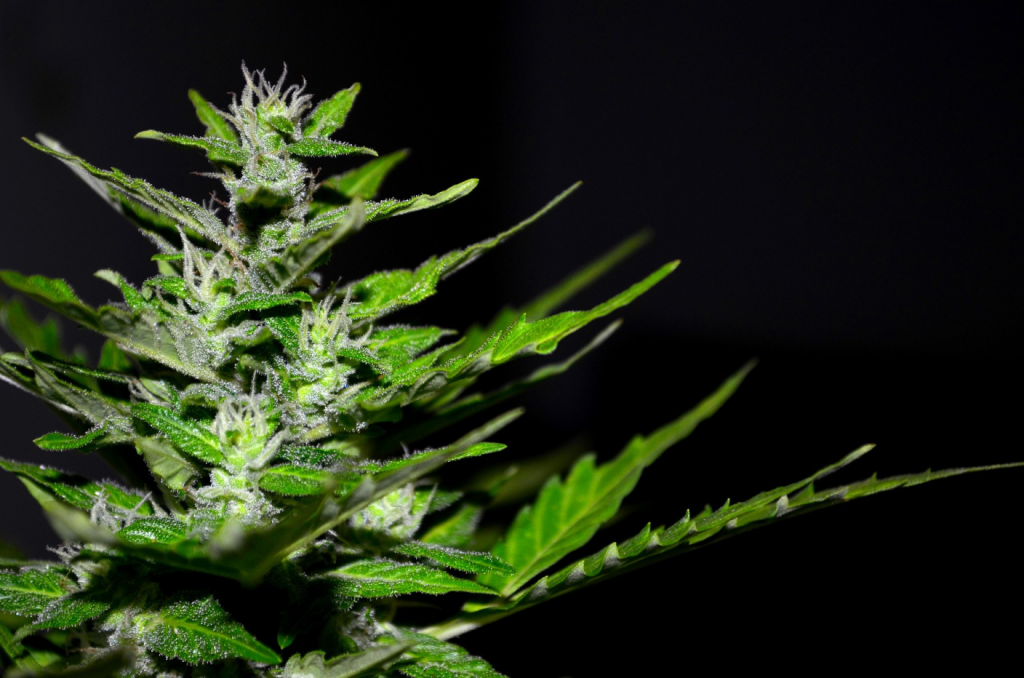
Most everyone has already heard of CBD, but what about its cousin compound, CBG? While both of these compounds are taken or derived from the hemp plant, there is not much that is known about CBG – as of yet. But like CBD, it definitely shows a lot of promise as well. So what exactly is CBG, and why is it being touted as the next big thing after CBD? Here are some fast facts on CBG oil and what makes it different from CBD oil: your top questions answered.
The basics
The hemp or cannabis plant, as everyone knows, is comprised of a multitude of compounds. These compounds are referred to as cannabinoids, with CBD being one, and CBG being another one. Historically speaking, however, most of us are more familiar with THC, another main compound in the plant, especially since it is the one that produces that stoned or high effect.
CBG’s official name is cannabigerol, and a lot of researchers are now studying it for its purported beneficial effects on the body. Although there aren’t any formal clinical trials on CBG yet, studies on rats have revealed that CBG may well be able to help with conditions such as cancer, neurodegeneration, and colitis.
What makes CBG particularly important is the fact that it is the precursor to both THC and CBD. It is not only called the mother of cannabinoids, but also the stem cell. This means that CBGA, which is the inactive and acidic form of CBG, is broken down and synthesised and is the base molecule which forms cannabinoids such as THC and CBD.
The differences between CBD and CBG
Some people may be confused as to what makes CBD different from CBG, but while the two are admittedly similar in certain respects, they have some dissimilarities as well. They may also have different purposes that enable them to treat the same ailments differently. The main similarity between the two is that they are non-psychoactive or non-psychotropic, which means that they don’t have any mind-altering effects that can inhibit a person’s cognitive ability or function. But they can both alter someone’s mind in such a way as to combat depression and anxiety.
Also, like its cousin, CBD, the compound CBG may be able to counteract the effects of THC on the mind. CBG may, for instance, activate the CB1 receptor in the brain, just like CBD, and this may decrease the activation of the psychotic system.
The prospective benefits of the use of CBG oil
As mentioned, CBG has shown promise when it comes to the treatment of a few conditions. For instance, CBG oil may be useful at treating glaucoma, especially in regards to the relief of pressure in the intraocular region. This could be a potentially big deal as CBD doesn’t help with the treatment of glaucoma on its own, while THC can – so for patients who want relief but don’t want the effects of THC, CBG may be a good alternative. In a study in 1990, they found that cannabigerol may have some therapeutic effects for glaucoma treatment.
CBG has also shown potential for its anti-bacterial effects as well as for the treatment of colitis and inflammatory bowel disease, but while these results still need further study, the potential of CBG can no longer be denied.



